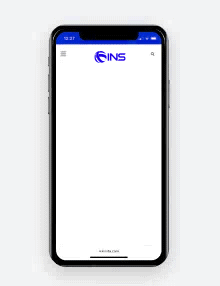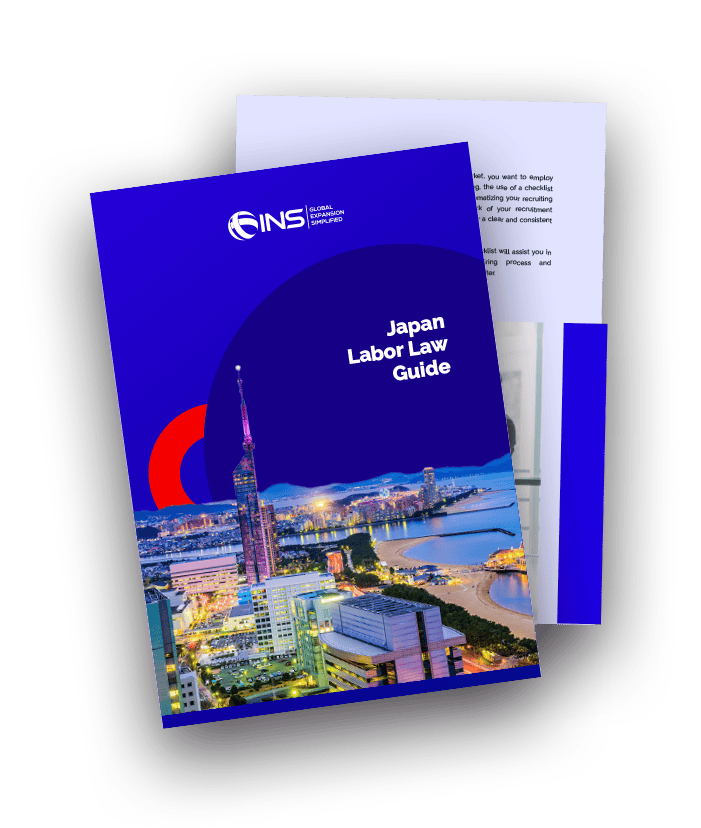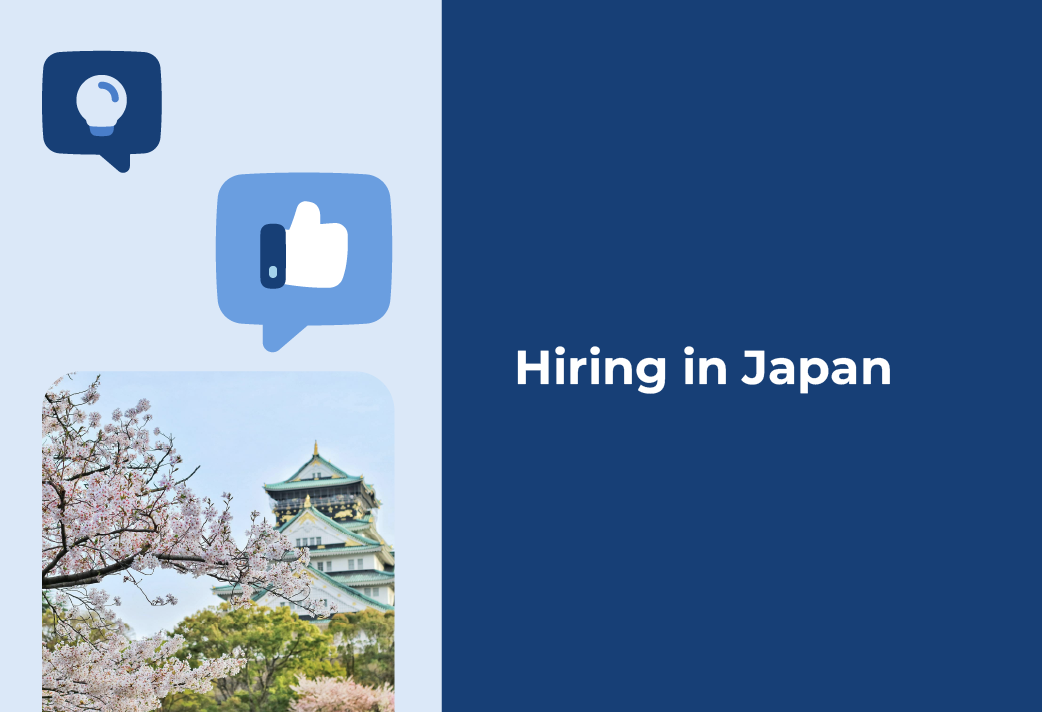Understanding the Culture
To succeed in Japan, it is essential to understand the workplace culture and business etiquette before beginning the recruitment process or conducting interviews. Understanding these practices will help prevent corporations from misrepresenting their corporate culture and help establish a professional relationship with future employees.
- Greetings and introductions – when meeting a candidate for the first time, it is important to remember that Japanese work culture places a high priority on using formal greetings. Candidates will likely bow and wait for the interviewer to shake their hand. They will use formal titles and expect to be addressed with formal titles as well.
- Punctuality and time – Candidates will have a strong sense of privacy and be punctual. Japanese professional typically arrive for meetings or interviews slightly before meetings start to ensure that they begin on time. If interviewers will be late, they should let the candidate know ahead of time.
- Collectivist attitude – The final cultural point to remember is that Japanese workers will place a high value on the achievements as a group, in contrast to the high value western cultures place on individual achievements. Interviewers always consider a candidate’s suitability for a role with this in mind.

Tired of scrolling? Download a PDF version for easier offline reading and sharing with coworkers
In a hurry? Save this article as a PDF
Tired of scrolling? Download a PDF version for easier offline reading and sharing with coworkers.
Fill up the form below 👇🏼
Hiring Practices in Japan
After implementing these cultural practices, corporations entering Japan should understand the recruitment processes that are in place. Although there are some aspects that are similar to western practices, there are some differences worth noting.
Many corporations in Japan hire top-level candidates through a process known as shinsotsu. This process involves finding candidates for specialized positions once they have graduated from a prestigious university with a graduate degree. Depending on the necessary experience level for each position, corporations often consider the applicability of this method.
Recruiting through social media will also have different implications to a Japanese candidate. The increased sense of privacy in Japanese culture will limit the effective reach of positions through social media channels. However, job boards can be a helpful strategy for reaching suitable candidates.
Staying Compliant
Before a company has committed to hiring an employee in Japan, they should create a comprehensive employment contract that specifies the expectation of the position and terminations terms. Corporations with over ten employees will be required to maintain work rules that must be filed with the Labor Standards Inspection Bureau.
The Japan Labor Standards Act requires that employers specifically lay out the terms of employment. These terms include:
- The period of the labor contract
- Working hours
- Promotion and retirement requirements
- Wages
- Workplace and content of work.
Once an employee has been selected, Japanese employment compliance requires that employees be registered with the relevant local authorities. Companies must ensure they file the necessary documents within the application deadline.
Working overtime in Japan can be a subject of contention for Japanese employees. Employees typically work the standard 40-hour work week. Overtime rates are determined by the amount and date of when the overtime occurs and ranges from 125% of hourly wage to 150% of hourly wage. Receiving 13th and 14th month bonuses are also a customary, though not required, component of the annual salary offer.
Understanding the cultural customs, legal requirements, and professional etiquette are necessary steps that will help ensure a successful market entry into Japan. Without this understanding, corporations will run the risk of non-compliance or will find themselves unable to find suitable candidates. Once the local recruitment process is operating smoothly, corporations may find it necessary to hire foreigners. Below is an overview of requirements for hiring foreign employees in Japan.
Check Our Japan Labor Law Guide
Learn how the Japanese law is applied in all aspects and situations, from an employer and employee perspective

Hiring Foreign Employees in Japan
Although many local labor regulations will be enforceable for foreign employees as well as local Japanese, foreign employees require additional steps to ensure their employment complies with labor laws. Not understanding a candidate’s right to work before making an offer can waste resources, time, and money.
If a potential candidate has a “Permanent Residence” or “Spouse or Child of Japanese National” visa, then there is no problem and they can be hired. If they do not have one of these two visas, they will need to get a working visa.
It is necessary to ensure that the job description matches the candidate’s educational and professional background, as well as the type of visa that they will be applying for. On the company’s side, they must meet certain conditions, like financial performance and be the appropriate type of business.
For employees who already possess work visas, the new position’s job description must match the applicant’s background and visa category. A foreigner may only hold one visa at a time, and a working visa is the best way to employ candidates.
Candidates can technically work if they have a visa that is granted through family status, like a relative of a Japanese national or long-term resident. Other visas that aren’t work visas but still allow foreigners to work in Japan include trainee visas and student visas. However, candidates with these visas will be relatively few as the majority of foreign employees will have regular working visas. Because work visas are not issued for physical labor positions, finding a foreigner for roles like construction workers or waitress positions will be difficult.
There are five main types of working visas for private companies to apply for when hiring foreign employees. These five types are:
- Engineer/Specialist/International Services
- Intra-company transferee
- Skilled Labor
- Business Manager
- Highly Skilled Professional.
These five types of visas each have their own requirements. Though these five types are the most common, there are still several other types that could be used for an employee’s work visa. Employers should consider which type their prospective employee would fit and apply for that visa accordingly.

How to Hire and Pay Employees in Japan
Taking all of the previous advice into account, companies will need to build a recruitment process that incorporates their global corporate strategy with the local Japanese culture and business practices.
Ensuring that your new company is in compliance with local regulations and operating in a professional way can be difficult and time consuming. For many companies, it is better to find a local partner who can help with your company setup, and any other necessary professional assistance.
Creating an Entity in Japan
Forming your own company allows you to setup your own entity and operate legally in Japan. While this sounds ideal, this can be a complex process for foreigners intending to do business in Japan. There are various types of entities available which may differ according to your business needs.
Employer of Record Services
Another solution companies with strict time frames and limited resources choose is a Professional Employer Organization (PEO). A PEO is a solution that works as an intermediary between employers and employees. Because of the difficulties that are present when expanding into the Japanese economy, like offering visas and recruiting talent, corporations use PEO services. Global PEO companies will sign a contract with the employees as well as a service provision contract with the client company that’s expanding into Japan.
PEO services give companies access to expert knowledge of the country, legal and tax assistance, compliancy consulting, and other benefits that are helpful in efficiently entering and operating in Japan. Entering Japan can be a daunting task but having access to these services decrease the amount of time and corporate energy needed to successfully enter Japan.
We Can Assist You
INS Global has nearly two decades of experience operating across Japan and the world. We have helped hundreds of companies expand their operations into Southeast Asia and capture larger shares of consumer markets. As an experienced, dynamic HR solutions firm, INS Global can help clients establish themselves in Japan, recruit talent, ensure compliance, and manage risks in real time. Our comprehensive range of skills and services will help you to simplify your global expansion plans. Contact us today and learn more about what our experts can help you accomplish

SHARE